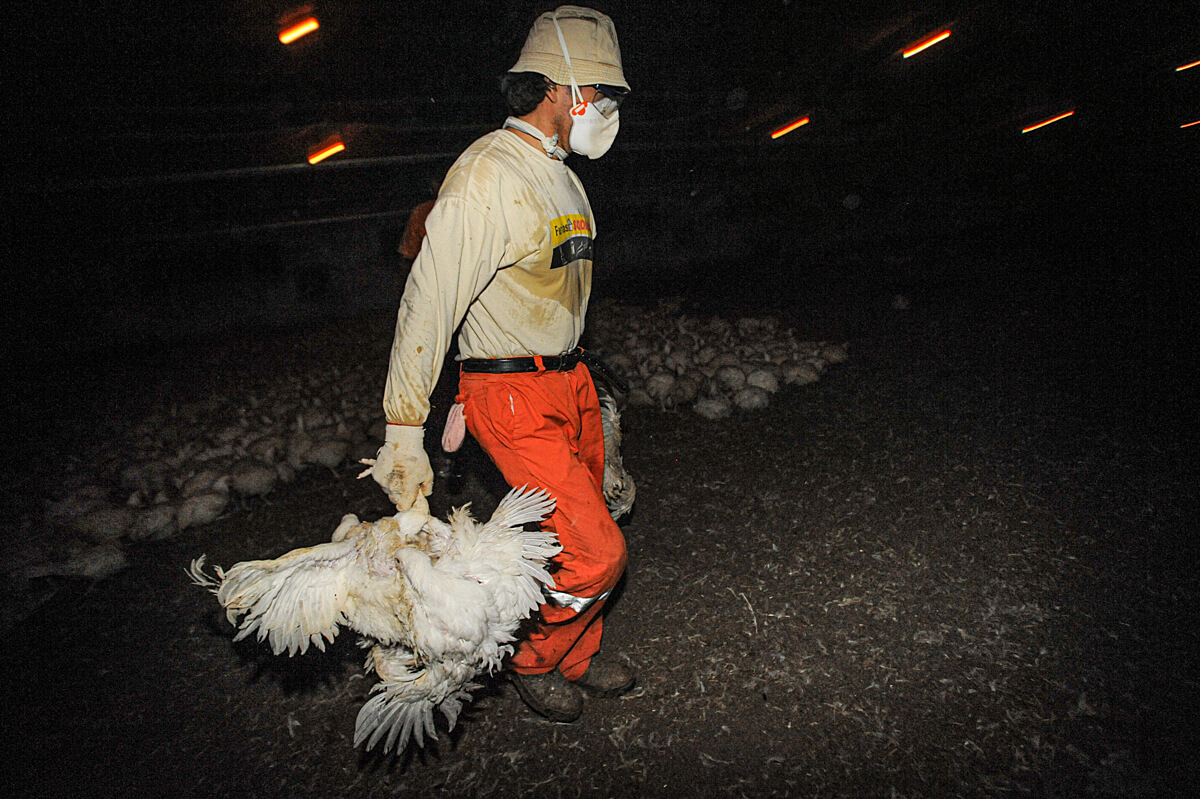The UK public sector spends approximately £2.4 billion annually on food procurement and catering services. This expenditure covers various institutions, including schools, hospitals, prisons, and government offices. As such, public procurement has the potential to transform the national food landscape – boosting demand for local, nature-friendly, sustainable produce, promoting biodiversity, contributing to climate targets and supporting healthy diets.
Government procurement rules should ensure that taxpayer money is spent on healthy and sustainable food, including fruit, vegetables and pulses. Currently, however, compliance with the Government Buying Standards (GBS), which represent a series of sustainability standards for public procurement, is only around 50 per cent across the sectors to which they are mandated – meaning the potential for government buying power to shift supply and demand for local, sustainable produce is far from being fully realised. The National Food Strategy called for a 30 per cent increase in fruit and vegetable consumption by 2032, in line with The Eatwell Guide.
With fruit and vegetable consumption in the UK having fallen to its lowest level in 50 years, ensuring access to fresh, sustainable produce is more important than ever. Public settings, including schools, have a particularly crucial role to play, with figures suggesting that a third of children (5-10 years) are eating less than one portion of vegetables a day.
The situation is dramatically worse for families living in food insecurity, who are disproportionately affected by the cost-of- living crisis and widening health inequalities. With 2.6 billion meals served in the UK public sector each year – 1.9 billion in England alone – there is a significant opportunity to increase access to healthy, nutritious food and tackle diet-related poor health. On the production side, public procurement is an opportunity to invest taxpayers’ money in more sustainable food and local supply chains, supporting small and medium-sized enterprises (SMEs) and boosting local economies.
Policy recommendations
Improved Government Buying Standards (GBS) should be mandated and enforced across the public sector
The GBS should become mandatory for all public sector entities, including schools, to drive innovation and maximise benefits for people and planet. This change is crucial as currently, GBS are only mandated to central government departments and the NHS, and ‘recommended’ for schools and local authorities. The GBS should also be updated to drive healthy, planet-friendly diets, requiring that caterers source more UK-grown, seasonal, agroecological produce, including organic, supporting local supply chains wherever possible.
Back in 2017, the Pesticide Action Network (PAN) found that ‘the produce being provided to children through the Department of Health’s School Fruit and Vegetable Scheme (SFVS) scheme generally contains more pesticide residues than their mainstream equivalents. For example, in 2015, 90 per cent of apples given out in schools contained the residues of multiple pesticides, while for conventional apples found on the supermarket shelves this figure was just under 60 per cent.’ They also noted that, ‘For just over 1p extra per child per day, all produce in the scheme could be sourced from organic farmers. This would better protect children’s health and also support the growth of the British organic sector.’
The target proposed as part of the 2022 Government Buying Standards review, for 50 per cent of food spend to be on local and ‘higher environmental standard’ produce, would positively contribute to achieving this goal. Monitoring and enforcement should also be improved by requiring caterers to report publicly on compliance and social value, appointing independent inspection bodies, and establishing penalties for non-compliance.
Investing in dynamic procurement
Currently, a small number of larger suppliers dominates the market – many producers in the UK have struggled to enter the public sector market because of numerous barriers to entry, including the tendering and contracting approach, further highlighting the need for reforms to the system. In addition to growing the market, investing in Dynamic Food Procurement, an open digital marketplace connecting food producers and buyers, has been shown to promote greater transparency and choice, removing many of the barriers to entry for suppliers. A dynamic procurement pilot involving the provision of fresh school meals in Bath and North East Somerset generated savings of 6 per cent on the previous contract and a saving of 6.01 tonnes of CO2.
Align and improve School Food Standards and Government Buying Standards
School food makes up an estimated 45% of meals served in the UK public sector each year. Integrating improved GBS with School Food Standards to support local, organic, and higher welfare food production would therefore have a significant impact on producers and diets, supporting the country’s horticulture sector while increasing consumption of fresh, minimally processed foods. Schools provide an ideal environment in which to boost consumption and demand for fruit and vegetables, benefiting children’s immediate health and setting the positive eating habits of a lifetime.
The School Food Standards should require two portions of vegetables or salad with all school meals, and more fruit for desserts. They should also encourage a ‘whole school approach’ to food, following the example of the Food for Life Schools Award. Schools and caterers currently face substantial pressure due to the aftermath of the COVID-19 pandemic and the ongoing cost-of-living crisis – it is crucial to ensure they have sufficient support and guidance in shifting to higher environmental and nutritional standards.
Expand the School Fruit and Vegetable Scheme
Currently covering infant-age children, the School Fruit and Vegetable Scheme (SFVS) delivers 2.3 million pieces of fruit and vegetables to 16,600 schools across the country.58 Evaluation indicates increased fruit consumption among younger children, with potential for continued benefits through longer and integrated interventions. Expanding the School Fruit and Vegetable Scheme to include all primary children would provide valuable nutrition support and reduce inequalities in access to fresh produce among children. Furthermore, considering the low proportion of home- grown produce used in the scheme (less than 50%), a new standard is needed to promote local, sustainable sourcing. The scheme should be revised to source more local and organic produce, boosting fruit and vegetable consumption and introducing children to a range of fresh, minimally processed foods from a young age.
Home-Grown: A roadmap to resilient fruit and vegetable production in England, in partnership with The Wildlife Trusts, Sustain and Soil Association.









I suspect the reasin is cost. Ideally we would like 100% orgamic apples. If the choice is no apple or pesticide residue apple, I suspect a child in poverty with little food at home would be grateful to eat any apple. Clearly we need to feed our children well but this comes with a cost
@Brownbacker
OAs the article points out, it costs only 1p more for the organic apple (when purchased in bulk, apparently). Conventionally-grown apples are among the most pesticide-laden fruit in our supermarkets. Those chemicals can cause allergic reactions, stomach cramp, poor concentration… All kids, even low-income kids, deserve better.
Interesting article but a rather heavy read – too full of jargon!